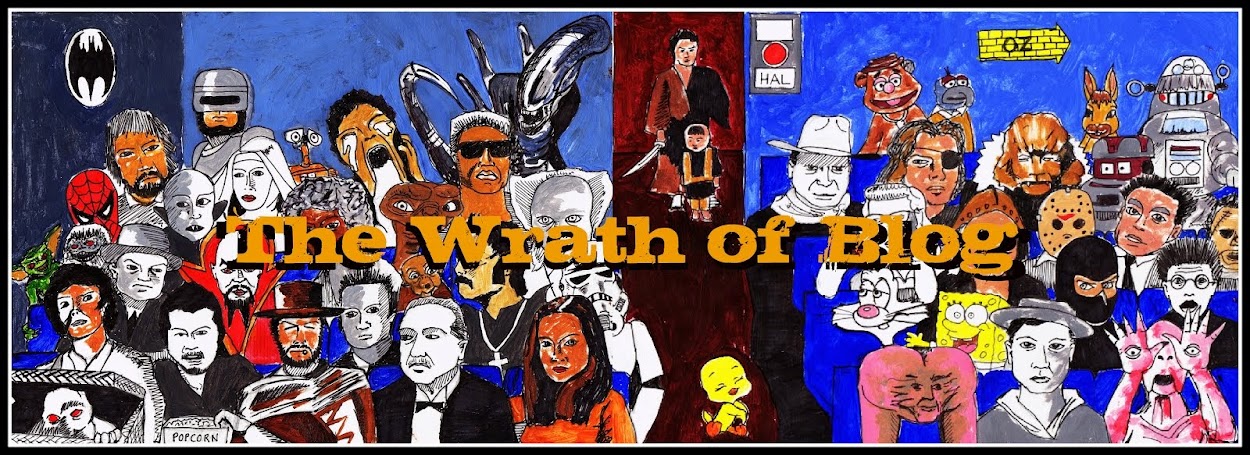 The film begins in 2002, with wrestling-mad 10 year-old Zak Knight getting pumped for the start of a WWF pay-per-view event before his younger sister Saraya turns over the channel to watch her favourite show, Charmed. Fast-forward a decade, and the two siblings have embraced their parents' passion for wrestling and have adopted ring names of their own. Zak (Jack Lowden) has become 'Zodiac Zak' and Saraya (Florence Pugh) is now 'Britani Knight', and they perform regularly at their wrestling club. The dream of dad Ricky (Nick Frost) and mum Julia (Lena Headey) is for their kids to make the transition to the big leagues, and tapes are regularly sent off to promoters in the hope of catching their eye. They finally receive a call from WWE trainer Hutch Morgan (Vince Vaughn) and receive an invitation for try-outs, but after a gruelling audition, only Saraya, now using the stage name Paige, is selected.
The film begins in 2002, with wrestling-mad 10 year-old Zak Knight getting pumped for the start of a WWF pay-per-view event before his younger sister Saraya turns over the channel to watch her favourite show, Charmed. Fast-forward a decade, and the two siblings have embraced their parents' passion for wrestling and have adopted ring names of their own. Zak (Jack Lowden) has become 'Zodiac Zak' and Saraya (Florence Pugh) is now 'Britani Knight', and they perform regularly at their wrestling club. The dream of dad Ricky (Nick Frost) and mum Julia (Lena Headey) is for their kids to make the transition to the big leagues, and tapes are regularly sent off to promoters in the hope of catching their eye. They finally receive a call from WWE trainer Hutch Morgan (Vince Vaughn) and receive an invitation for try-outs, but after a gruelling audition, only Saraya, now using the stage name Paige, is selected.As Zak is sent into a spiral of anger and depression, Paige struggles to work out who she is in Florida's sun-drenched world of golden-skinned models. Somewhat an outsider even back home (outside of the close-knit wrestling community), she feels isolated, mentally unprepared for the rigorous workout schedules and the standards required for the big-time. Fighting with My Family often flirts with cliche, but this is a sports movie after all. It works by developing characters we can relate to and truly root for, regardless of how ridiculous you may find the whole wrestling craze. This is down to the combined efforts of writer/director Stephen Merchant, who seems like the unlikeliest candidate to helm a wrestling picture, and the cast, who are all entirely believable.
Pugh in particular finds the right balance of inner vulnerability and the outer toughness Hutch no doubt signed her up for, and Merchant helps bring out these traits with the right balance of comedy, drama and sentiment. Frost is also perfectly cast, showing once again that he's a terrific actor in his own right and not just Simon Pegg's sidekick. For wrestling fans, there are plenty of cameos to spot, with Dwayne 'The Rock' Johnson showing up for an extended cameo that may feel like a gimmick until you learn of his role in Paige's real-life story. Above all, Fighting with My Family is a heartfelt tale that celebrates embracing the inner weirdo and the sport that welcomes such misfits with open arms - if you're tough enough.
Directed by: Stephen Merchant
Starring: Florence Pugh, Jack Lowden, Lena Headey, Nick Frost, Vince Vaughn, Dwayne Johnson
Country: UK/USA
Rating: ****
Tom Gillespie

















